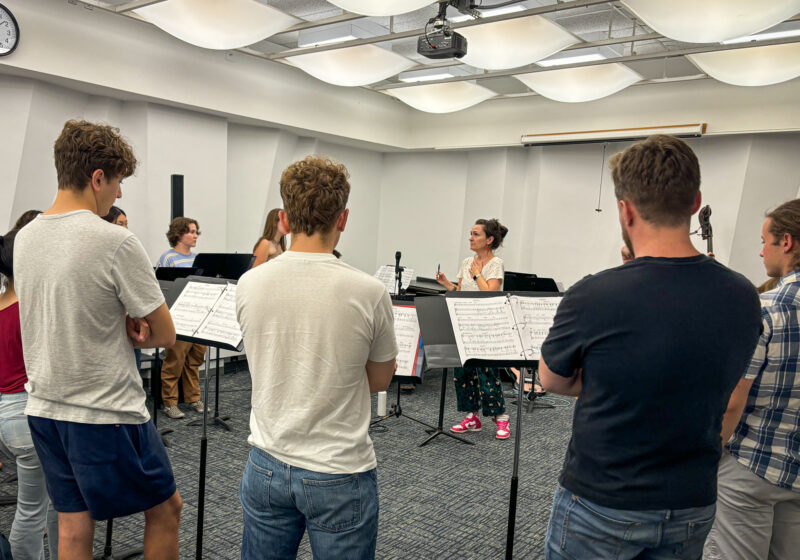Every December 31st, I make a New Year’s resolution.
Every January 3rd, I give up in defeat.
Repeat the same cycle every year. Whether it’s eating healthier, not worrying as much, or even cleaning my room for a couple of minutes every day, I can’t seem to make it work. I’m not alone in this, as studies show around a quarter of people who make resolutions tend to give up after a few weeks, and less than half make it to the six-month mark. But really, what makes us think that we can just keep these resolutions with the snap of a finger? Why do we wait until the last day of the year to declare it, and then start the first of the new year? There wouldn’t be anything wrong with eating healthier on, say, the 27th of April. Why do we need a fresh year to start something new?
New Year’s resolutions date back to the Babylonians, but modern day resolutions tend to be vastly different from those of our counterparts 4,000 years ago. While their resolutions tended to deal with returning objects to people they had borrowed from – preferably farming oriented – our most popular resolutions deal with spending more time with our family and friends and getting into shape.
Resolutions take work. College students do not always have eating healthier, drinking less or giving more money to charity at the top of their list. In their place is usually bringing up their GPA, getting into graduate school and having somewhat of a social life. We’re busy people, some of us lazy and we have other things to worry about. Many of us procrastinate, too, and that also makes these goals hard to achieve.
But maybe, just maybe, the college student can also be a part of that small percentage who do keep their resolutions. I’m not saying we won’t fail at times, because we will, but if we kept trying maybe we could lose that extra ten pounds and keep it off.
“Try and try again,” might be a fitting motto, because, after all, there will be the calories from beer, maybe an extra slice of pizza here or there and the all- important freshly baked cookies sent to us by way of a care-package, but eventually, if we pushed ourselves, we could drag ourselves to the gym or take a brisk walk around the campus a few times. I have faith that the next time that drunk frat guy hands us a beer and stumbles off somewhere, we’ll be strong enough to say no – or maybe just a sip.
If your resolution is getting better grades instead of limiting your calorie intake, try to stay awake during class and actually do some of the things your professors list on their syllabi every semester, such as visiting them during office hours and showing up for class. If it’s more of a “spending less money” issue, then stay away from the mall, buy on sale or eat on campus and use your already-paid-for meal plan instead of binge-shopping at Wegmans. There are ways to be victorious over every resolution.
Our resolutions can seem dull and possibly selfish in comparison to what some people are doing these days. Jazz musician Donald Harrison is teaching kids who were victims of Hurricane Katrina to play music; Emmanuel Ofosu Yeboah, with the help of a group of fifth graders from New York City, assembles wheelchairs and sends them to Ghana for the country’s disabled; Betty Lewing, a Texas teacher, helps struggling high school students learn how to read. These three people are all featured on MSNBC’s “Making a Difference” Web site.
With so much hardship going on in the world, such as poverty and disease, you’d think that trying to clean for a couple of minutes every day would seem easy, but that’s not always the case.
Use people like these as your inspiration in trying to make yourself a better person or in doing things for others for your resolution. Expect to fail at your resolutions, but don’t wait for the new year to try again. As Mickey Rooney once said, “you always pass failure on the way to success.”
Kraus is a member of the class of 2009.





